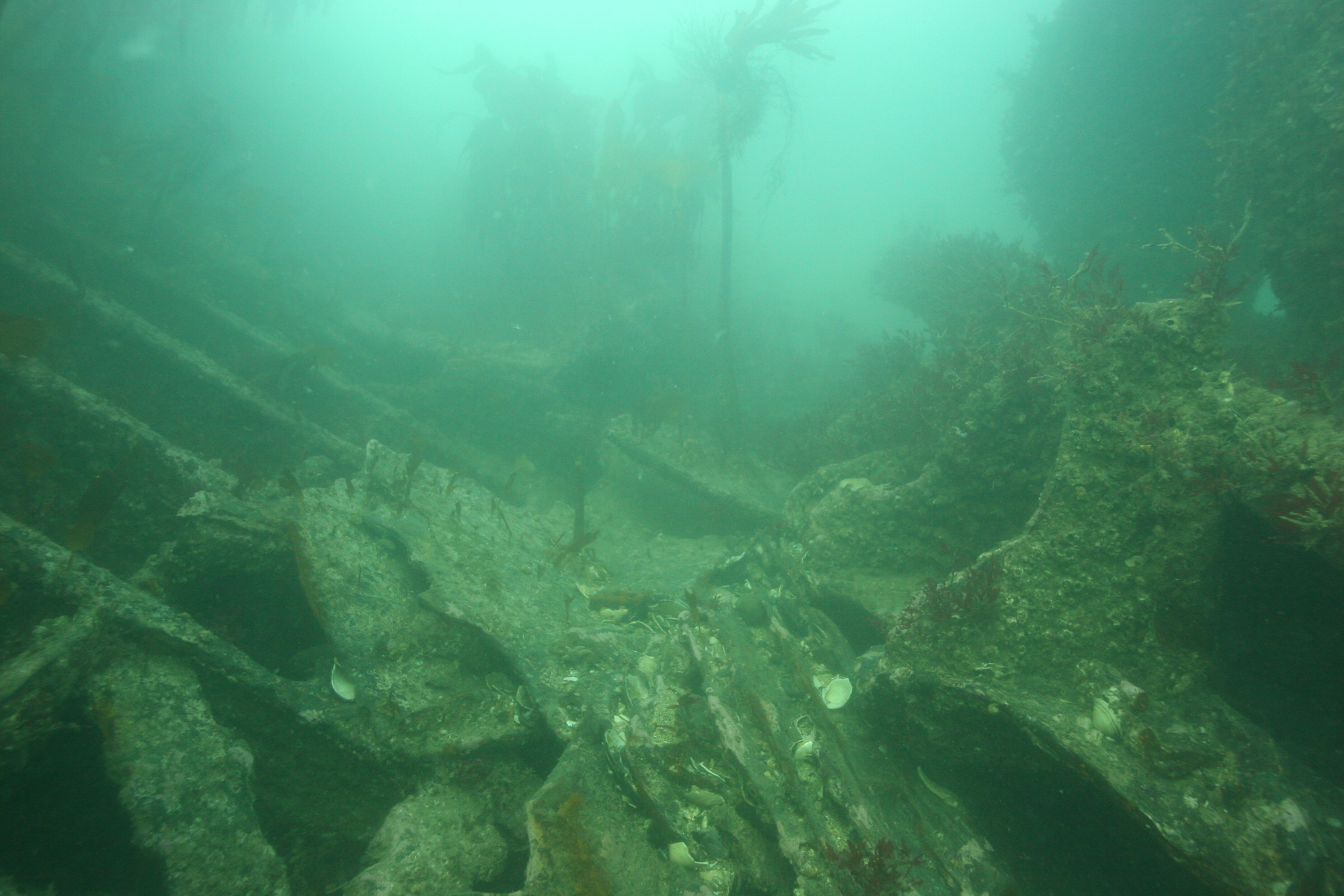The Centre's archaeological research is first and foremost in the field of maritime archaeology. This covers research into remains that are linked to the sea somehow, e.g. fishing stations, whaling stations, trading stations and shipwrecks. So far, research has mainly been focused on cod fishing in the Middle Ages, whaling by foreigners in Icelandic waters since 1600, and trading with the Dutch in the 17th and 18th centuries.
Iceland's marine resources have always been an important part of the nation's economy and since the late Middle Ages, cod has been one of our main exports. In the early 16th century, foreigners, including the English, Dutch, French and Spanish, began to visit Icelandic waters to fish and whale. This continued right up to the late 20th century.
The aim of the Centre's archaeological research is to gain a better insight into the role of marine products in trading and the Icelandic economy from the Middle Ages to the present day. Particular emphasis is placed on the importance of marine products in the development of Icelandic society and our ability to survive and thrive in the face of environmental changes as well as social and political changes.



